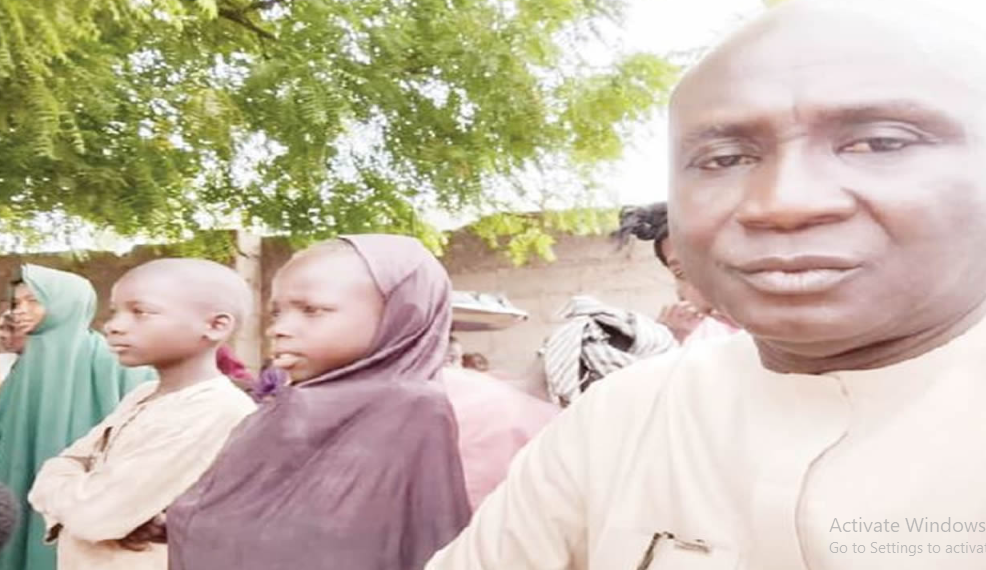A university lecturer at Modibbo Adama University, Yola, Professor John Ngamsa, has linked the growing insecurity in northern Nigeria to the persistent neglect of girl-child education, calling for urgent and collective action to reverse the trend.
Speaking during a media training session in Yola for the Adolescent Girls Initiative for Learning and Empowerment (AGILE) project in Adamawa State, Prof. Ngamsa stressed that education for girls is not only a matter of equity but also a security imperative. He revealed that of the estimated 20 million out-of-school girls in Nigeria, a staggering 15 million are in the North.
Ngamsa, who also serves as the Implementing Coordinator and Chief Executive of Rhamo Enterprises, explained that the training was designed to equip journalists with the tools to effectively communicate AGILE’s goals and to mobilize public support for girl-child education.
“In a nation as diverse and vibrant as Nigeria, the potential for growth and progress lies in the hands of its young population,” he said, emphasizing that adolescent girls represent a powerful force for positive transformation if given the right opportunities.
The AGILE initiative, he noted, is a transformative programme aimed at equipping adolescent girls across Nigeria with education, skills, and empowerment to become change-makers in their communities and beyond.
“Adolescent girls have been disproportionately affected by gender inequality, poverty, early marriage, teenage pregnancy, lack of healthcare, and social norms that discourage female education,” Ngamsa added. “These factors continue to suppress their potential and limit their ability to contribute meaningfully to national development.”
He highlighted that addressing these systemic barriers through programmes like AGILE is essential not only for the wellbeing of girls but also for breaking the cycle of poverty, curbing insecurity, and building a more inclusive and prosperous society.
The launch of AGILE in Adamawa State, he said, is a crucial step in empowering girls and reshaping public perception around female education. He urged journalists, parents, and community leaders to support the initiative by amplifying its message and advocating for policies that prioritize the education and empowerment of the girl-child.
“By educating and empowering adolescent girls,” Ngamsa concluded, “we are securing a better future for the entire country.”

